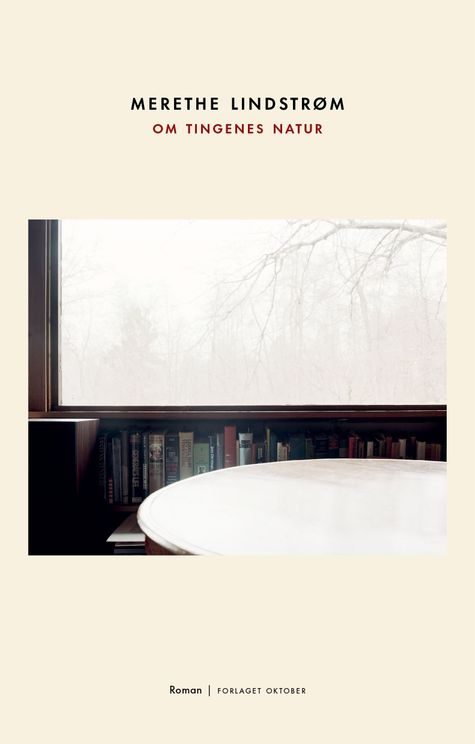On the Nature of Things
Nominated for the Brage Prize
Nominated for the NRK Listeners’ Prize
On best of 2025 lists in Klassekampen and Vårt Land
The narrator of On the Nature of Things lives on the breadline. The electricity is cut off in the dilapidated house she rents on the edge of the forest, mice scurry across the attic floor, and the water in the pipes is brown. To make ends meet, she cleans other people’s houses, locks herself into empty flats, and polishes surfaces.
Now she has agreed to write an essay for a magazine, a special issue on literary spaces. But she can’t get started. Her body stiffens from all the cleaning, becomes alien to her. She thinks about places she has lived, at her grandmother’s in Bergen, a commune in Berlin, she thinks about homelessness, which has become a habit, packing her few belongings and moving on. And she thinks about an old love, trying to dissect the memory of it.
On the Nature of Things is a novel about homelessness in many forms. Merethe Lindstrøm’s prose is unlike any other, precisely piercing, raw and beautiful, and permeated by a subtle humour.

